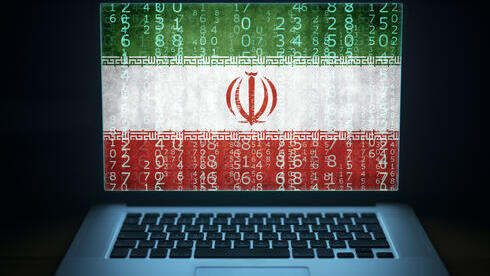
Opinion
The horror movie that is cyberwars
The ongoing cyber battles between Iran and Israel have also included psychological warfare, as Iranian hackers focus on personal data, hoping to keep Israelis on edge
Ido Kenan | 12:30, 03.11.21
In the past, hacker wars between pro and anti-Israel groups focused on breaking into prominent organizations and vandalizing their websites with slogans and epithets. The goal was to show contempt towards the enemy, while also demonstrating their (very limited) hacking skills.
However, the cyber battles of recent months between Israel and Iran are hitting deeper, at more sensitive targets. They are part of a war of perception, in which psychological warfare tools are used. Iranian infrastructure such as fuel supplying systems have been damaged, leading to long lines at gas stations and an erosion in the citizens' trust in the ability of the government to ensure them a normal life. In Israel, the attack was on a variety of entities that hold databases with sensitive information, that when leaked damages the privacy and personal security of citizens, and calls into question the state's ability to ensure secure digital infrastructure.
Evidence of this trend can be seen through the types of Israeli entities that were attacked. They are not randomly selected based on their level of vulnerability, but rather carefully chosen with an understanding of the types of data they may hold. On the one hand, small to medium-sized private entities such as public transport companies, dating sites, and groups are attacked, and on the other hand, supply chain links, such as voice response service providers and web hosting companies. The former hold user information; The latter hold information of their thousands of customers and countless consumers. This information has value in itself, and is sometimes technical in nature, and can be used for sub-breaches to customers and consumers to obtain even more sensitive and embarrassing information.
Further evidence of this new reality is the manner in which the stolen information is handled. The hackers did not dump it in mass on the Darknet like a factory that dumps sewage into the sea. Rather, they are assisted by analysts and volunteers to sort through the data, analyze it and select from it individual pieces of information, which showcase their superior capabilities, the depth of their breach, and its potential for damage. For example, in the case of Atref, a dating app for the LGBTQ community, the information stolen from it could out its users, harm them socially and endanger their personal safety.
Related articles
Ido Kenan is VP Content, Cytactic cyber crisis management
